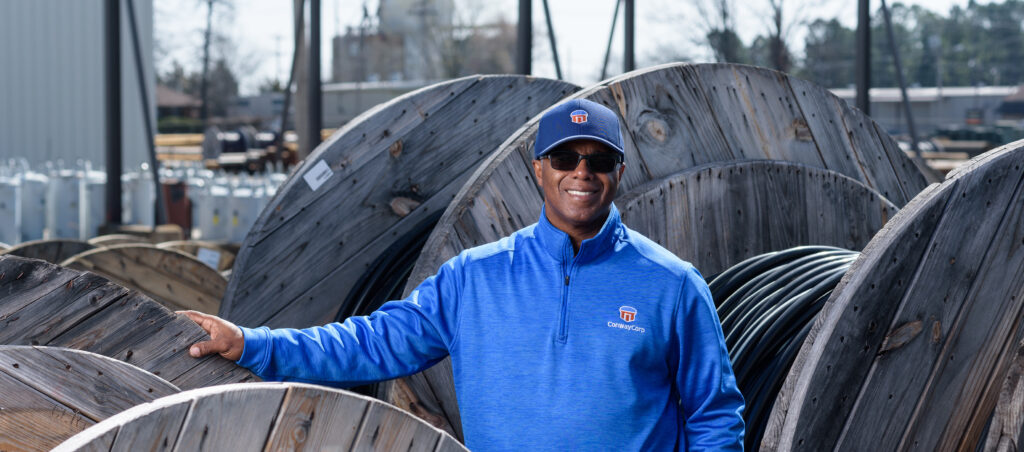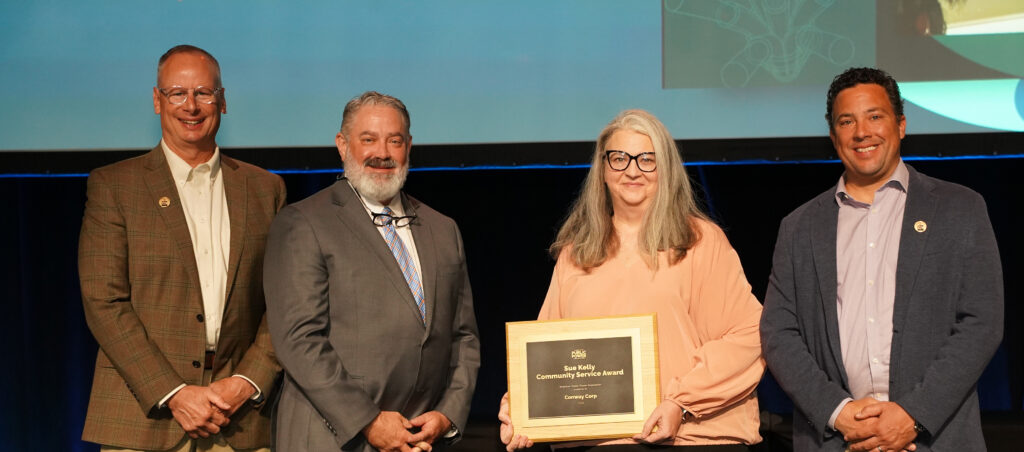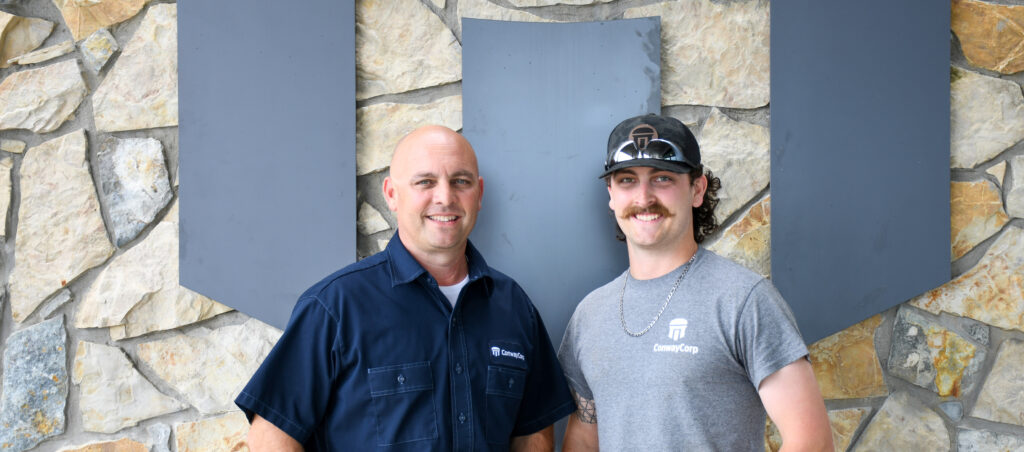We want to thank everyone for your patience and understanding these past few nights as we have dealt with unprecedented circumstances resulting in voluntary electric usage reduction requests and controlled outages.
The good news is your reductions have helped and temperatures are rising. We do not anticipate the need for any more controlled outages, but this could change at any moment. We will alert you with details as soon as we receive any orders from MISO, our regional transmission organization and independent system operator.
We wanted to try to answer a few questions to explain what happened.
How did this happen?
Like all utility companies, Conway Corp receives its energy from generation facilities. We buy from the MISO market which consists of a wide mix of resources including hydroelectric, coal, natural gas, solar and wind so we are not reliant on a single source. Conway Corp also owns a 1 MW solar facility in addition to a 2 percent ownership interest in four coal-fired power plants. The extreme cold temperatures are having an impact on each source. For example – many wind turbines in Kansas and Oklahoma are frozen; snow and ice are covering solar panels; natural gas providers are experiencing interrupted supply; and coal plants are having difficulty using frozen coal which is slowing the production process.
Why did this happen at night and why couldn’t it have been done during the day?
Conway Corp’s independent system operator, MISO, alerted us as soon as there was an issue with peak demand and asked us to begin curtailment. This could happen at any time of the day or night, and we are given little warning time. It is only done in emergency situations as a last resort. We must comply with the curtailment to prevent longer, widespread uncontrolled outages. This is a mandatory directive given to us that we are compelled to follow immediately. In this instance, peak usage happened after the sun went down and temperatures dropped which caused an unsustainable peak in demand.
Why didn’t you just turn off power for businesses?
Conway Corp’s load curtailment plan was developed to comply with emergency constraints on generation resources or the transmission grid. Even with our large commercial accounts voluntarily curtailing load, we were forced to implement residential curtailment.
What about turning off street lights?
Street lights are a very small percent of our electric demand and do not make up enough of the demand to conserve energy, and street lights have sensors that allow them to turn off during the day which saves on energy. We do not have the ability to remotely turn off street lights so it would take more time and effort than the amount of energy it would save.
Why doesn’t this happen in the summer?
Arkansas is experiencing an unprecedented, historic weather event which could also occur in the summer but hasn’t yet. Your home’s heating unit is working very hard to keep your home at your desired temperature. The greater the difference between the outdoor temperature to the desired indoor temperature means your heating unit is working harder and using more power than your air conditioner would in the summer. Arkansas’s generation facilities are more accustomed to providing energy load during our hot and humid summers. This week’s historic event is causing high peak demand that has never been seen before.



